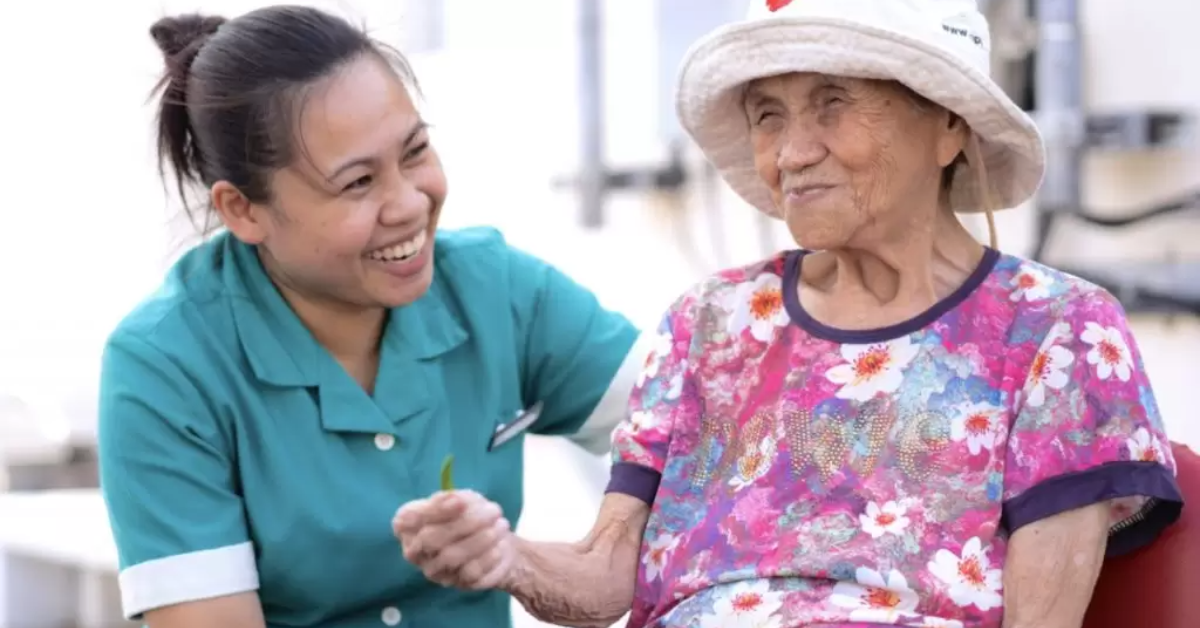Post Surgery Physio Singapore: Your Path to Full Recovery
Recovering from surgery is often just the beginning of a patient’s journey back to full health and mobility. In Singapore, Post Surgery Physio Singapore services are gaining attention for their essential role in ensuring patients heal properly, regain strength, and prevent complications. Whether you’ve undergone joint replacement, spine surgery, cardiac procedures, or abdominal operations, structured physiotherapy is crucial to help you regain your independence and functionality.
Why Post-Surgical Physiotherapy Is Essential
Surgery places a significant amount of stress on the body. Even when the operation is successful, the healing process can be prolonged and challenging. Without proper post-operative rehabilitation, patients are at risk of muscle atrophy, joint stiffness, reduced mobility, and secondary injuries due to improper movement patterns.
Post-surgery physiotherapy provides tailored interventions to improve strength, flexibility, balance, and coordination. It also helps manage pain, reduce swelling, and facilitate tissue healing. In Singapore, the demand for such specialized care has grown as the population becomes more health-conscious and aware of the benefits of proactive rehabilitation.
Types of Surgeries That Benefit from Physiotherapy
Several types of surgeries require or greatly benefit from follow-up physiotherapy. These include:
1. Orthopedic Surgeries
Knee replacements, hip replacements, ACL reconstructions, and spinal surgeries often lead to restricted movement and muscle weakness. Post surgery physio Singapore services help patients gradually rebuild strength and range of motion, preventing long-term disability.
2. Cardiothoracic Surgeries
After heart surgery or lung operations, breathing can become difficult, and overall stamina is reduced. Physiotherapy includes breathing exercises and aerobic conditioning to improve respiratory function and cardiovascular health.
3. Abdominal and Pelvic Surgeries
Operations such as hernia repair or hysterectomy can weaken core muscles. Physiotherapists in Singapore help with core strengthening and posture correction to ensure a smooth recovery.
4. Neurological Surgeries
Patients recovering from brain or spinal surgeries need guided rehabilitation to relearn movement patterns and improve coordination. This form of physio is typically more complex and long-term, but critical for quality of life.
What to Expect in a Post-Surgery Physiotherapy Program
Each patient’s physiotherapy plan is unique, but most programs in Singapore follow a structured progression, including:
Initial Assessment
Your physiotherapist will conduct a detailed assessment of your surgery type, mobility levels, pain levels, and personal recovery goals.
Pain and Swelling Management
Early phases focus on reducing inflammation and discomfort. Techniques may include cold therapy, gentle mobilization, and specific exercises.
Gradual Mobilization
Once pain is under control, therapists begin helping you move safely. Passive and active exercises are introduced to restore mobility in joints and muscles.
Strengthening and Conditioning
Progressive exercises target muscle groups to rebuild strength, endurance, and balance. This stage is crucial for returning to normal daily activities or athletic performance.
Functional Training
In the final phases, therapists simulate real-life tasks like walking up stairs, bending, or even returning to sports or work-specific movements.
The Singapore Approach: High Standards and Personalized Care
Singapore is known for its high standards in healthcare and rehabilitation. Clinics offering post surgery physio Singapore services are equipped with advanced technologies and staffed by licensed professionals trained to provide world-class care.
Many rehabilitation centers in Singapore adopt a multidisciplinary approach, working closely with doctors, surgeons, and occupational therapists to ensure all aspects of recovery are addressed. Customization is key—programs are adjusted based on the patient’s age, surgery type, fitness level, and personal goals.
Common Techniques Used in Post-Surgical Physio
Singapore’s physiotherapists use a variety of evidence-based techniques to speed up recovery and enhance results. Some commonly used methods include:
-
Manual Therapy: Hands-on techniques to mobilize joints and soft tissues.
-
Ultrasound Therapy: Promotes tissue healing and reduces inflammation.
-
Electrotherapy (TENS): Reduces pain signals and promotes muscle stimulation.
-
Hydrotherapy: Low-impact water exercises that reduce stress on joints.
-
Exercise Prescription: Structured strength, flexibility, and balance programs tailored to your recovery timeline.
Importance of Early Intervention
One of the critical aspects of successful rehabilitation is starting early. Delaying physiotherapy after surgery can lead to longer recovery times and decreased functional outcomes. In Singapore, most surgeons now refer patients for post-operative physio within days of discharge.
Early intervention not only shortens recovery time but also prevents complications like blood clots, infections due to immobility, or scar tissue formation that could impair future movement.
Home-Based vs. Clinic-Based Physiotherapy
Singapore offers both home-based and clinic-based post surgery physio Singapore services. While clinic sessions provide access to specialized equipment and supervision, home-based physiotherapy is ideal for patients with mobility issues or those recovering from extensive procedures.
Home physio is becoming increasingly popular in Singapore due to its convenience, especially among elderly patients or those with limited access to transportation.
Cost and Insurance Coverage
The cost of post-surgical physiotherapy in Singapore varies depending on the clinic, the complexity of your condition, and the number of sessions required. On average, sessions may range from SGD 80 to SGD 150 per visit.
Fortunately, many private insurance policies and Integrated Shield Plans in Singapore offer partial or full coverage for physiotherapy, especially if it is prescribed by a medical professional. Government schemes like MediSave may also be applicable under certain conditions.
How to Choose the Right Physiotherapist in Singapore
Choosing a qualified and experienced physiotherapist is essential for effective recovery. Here are a few tips:
-
Check Credentials: Ensure the therapist is registered with the Allied Health Professions Council (AHPC).
-
Experience Matters: Look for therapists who specialize in post-surgical rehabilitation.
-
Facility Standards: Opt for clinics with well-maintained equipment and strong safety protocols.
-
Patient Reviews: Feedback from previous clients can provide insights into the quality of care.
Staying Motivated During Recovery
Post-surgical recovery can be emotionally and physically draining. Setting realistic goals, tracking your progress, and maintaining open communication with your physiotherapist are all key to staying motivated.
In Singapore’s structured healthcare environment, patients benefit from close follow-ups and support networks to keep them on track. Remember, consistency is the most important factor in successful rehabilitation.
Conclusion
Post surgery physio Singapore services are an indispensable part of the recovery process for anyone undergoing surgical intervention. From restoring movement and strength to preventing long-term complications, physiotherapy plays a critical role in helping patients return to their daily lives stronger and healthier. Whether you are recovering from a knee replacement or a heart bypass, investing in professional post-surgical physiotherapy is one of the most important steps you can take for your health and quality of life.







